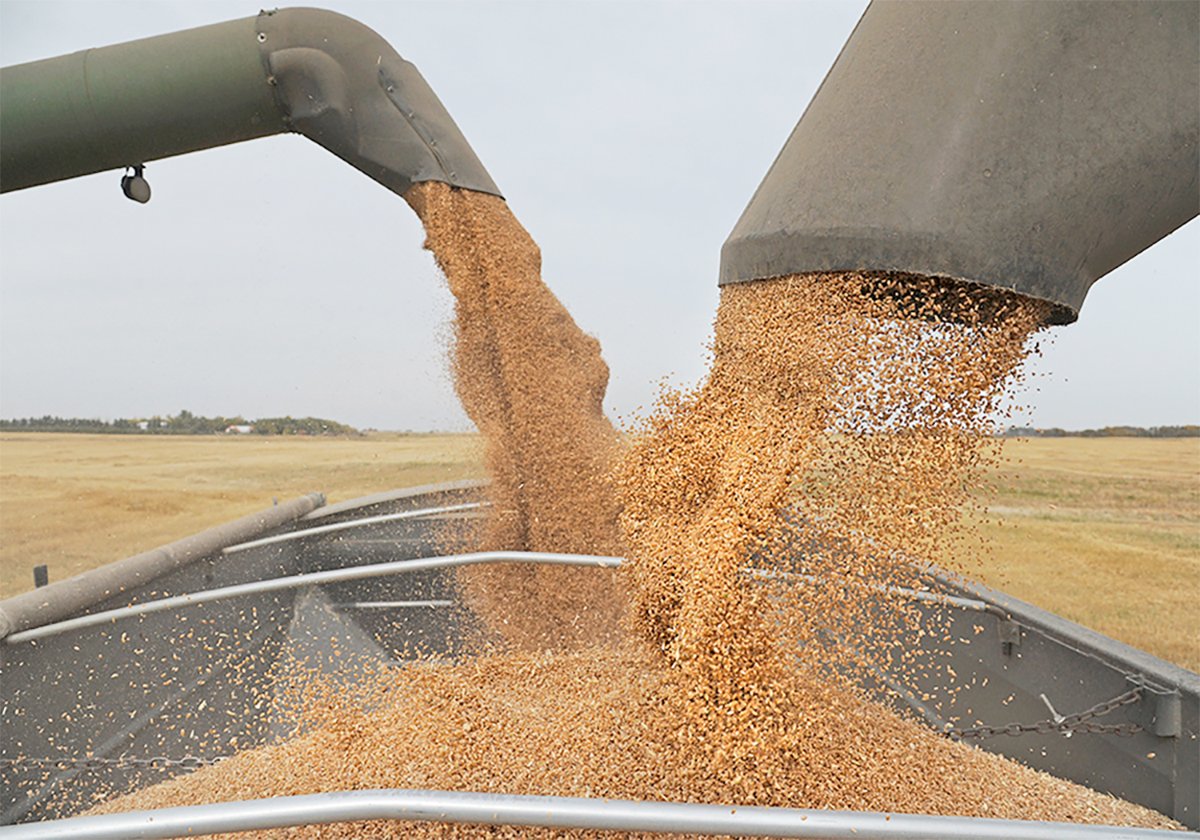Remember when Mount Pinatubo blew up? I watched it on TV news back in June 1991.

That explosion turned out badly for many in the Philippines. And, I believe, it turned out badly for prairie farmers a few months later. I remember working at the Lloydminster Times newspaper in August 1992, where it was oddly cold in that normally sweltering month. Temperatures were dropping down to near freezing most nights in mid-to-late August when on, I believe, the afternoon of August 12 a big, wet, heavy snowfall came down and a few of us ran out onto the front lawn and had a joyous snowball fight. We were laughing and joking around when the editor of the farm newspaper we published came out and furiously pointed out that this snow would ruin billions of dollars of crops and devastate the finances of thousands of farmers in our area. We sheepishly dropped our snowballs and returned to our desks, realizing how inappropriate our cavorting about on the lawn while others were being ruined must have looked.
Read Also

Agriculture productivity can be increased with little or no cost
There’s a way to enhance agricultural productivity with little or no cost. It doesn’t even require a bunch of legislative changes.
I remember that this terrible 1992 weather was blamed on the dust blown up by Mount Pinatubo getting into the upper atmosphere and blotting out about 10 percent of the sun’s heat for the next year. And from that experience I’ve always kept in mind that events elsewhere can have a big affect over here, and an affect that might not impact for months or years.
What’s bringing this ancient snowball fight and weird weather to mind is the chaos created by the Icelandic volcano eruption, with much of Europe only slowly reopening its airports after huge amounts of possibly dangerous dust got into the atmosphere and threatened to destroy jet engines. That few days disruption of the airline industry is being blamed for making airlines lose money – nothing new there, really – for producers of perishable food products in countries like Kenya suffering losses as products go bad, and for travellers being stranded here and in Europe. Not everyone can afford to pay Greek taxicab drivers to drive them across a dozen countries to get home, which was John Cleese’s solution to the crisis.
It stranded lots of folks here, too. A Canadian agricultural journalist didn’t know whether he’d make an international conference of our weird kind in Europe because of the airport closures, an email report told me. A senior agricultural chemical company representative told me last week that he was being forced to cancel a business trip to Europe that week because of the crisis.
Over here most farmers are too busy readying the iron for seeding, or – if you’re in parts of Manitoba – already out there on the tractors making things dusty, to care about distant Icelandic volcanoes erupting. But I wonder if it will have unexpected consequences, like those I experienced in 1992. Iceland is about opposite on the globe to the Philippines, so with luck the results will be reversed. If we’re lucky, we’ll get fabulous weather all season and somewhere else will get the hurt. Yes, I realize it is considered uncouth to wish ill to others’ crops, but the reality in the agricultural business, especially with glutted wheat stocks around the world, is that we need someone somewhere to produce a whole lot less wheat this year, and I doubt anyone will do it voluntarily.
Right now there’s no reason to believe this volcanic eruption will have major consequences months or a year from now, and it may just be a short term airport-closing phenomenon, but memories of that inappropriate snowball fight in 1992 have me thinking it’s perhaps a year that’s going to have some market-making surprises in the weather.















